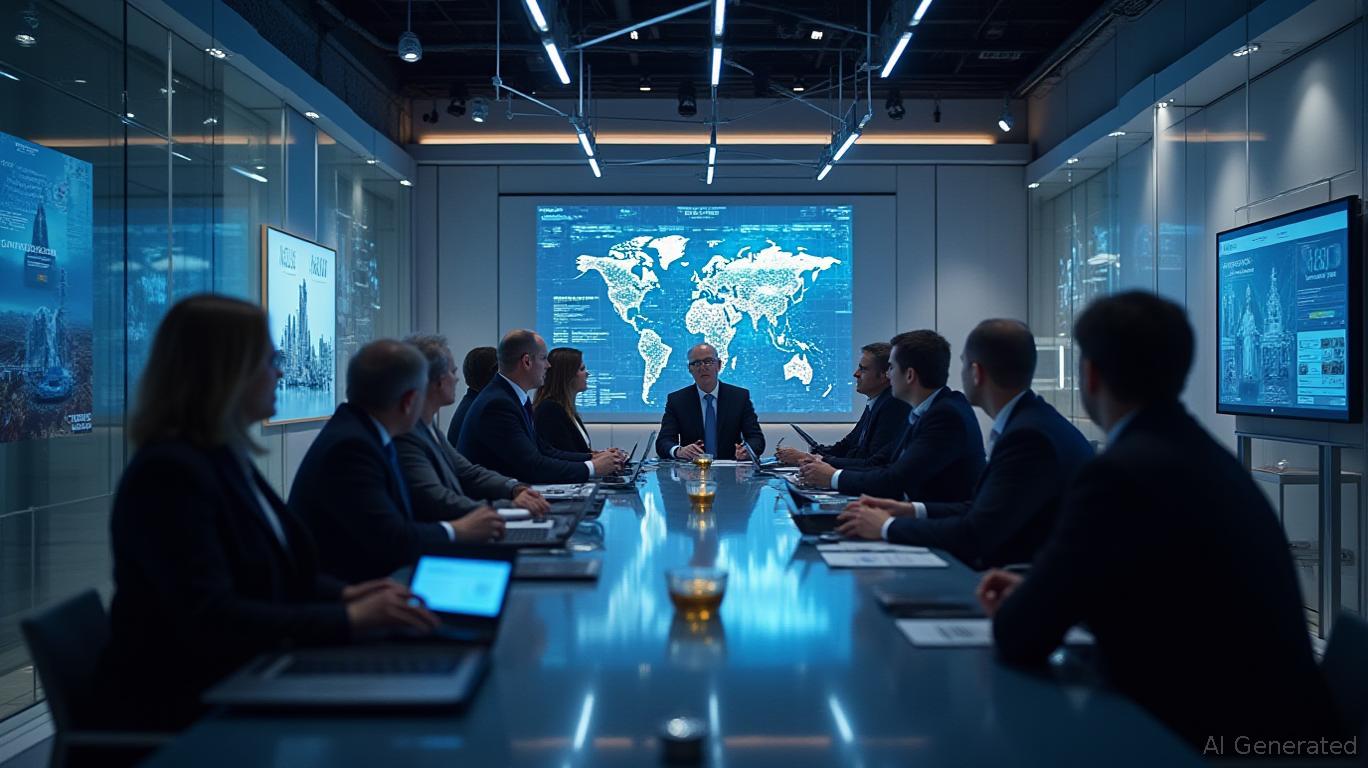Diplomatic Efforts and Technological Advancements Drive Growth in the Luxury Sector Despite Global Political Uncertainty
The international luxury industry is experiencing notable changes, influenced by evolving consumer tastes, advancements in digital technology, and key economic collaborations. In France, the luxury market is expected to rise from $23.75 billion in 2024 to $35.97 billion by 2033, driven by strong demand for premium fashion, jewelry, beauty products, and a thriving tourism sector, as highlighted in the
Recent diplomatic and economic initiatives between the UK and Gulf states may further strengthen luxury trade. Finance Minister Rachel Reeves is scheduled to participate in Saudi Arabia's Future Investment Initiative (FII) to push forward trade negotiations with the Gulf Cooperation Council (GCC), with the goal of reaching an agreement that could boost the UK economy by £1.6 billion each year, as reported by

At the same time, political instability—especially in the Middle East—continues to introduce uncertainty. Former U.S. President Donald Trump's plan for Gaza's reconstruction, which seeks $70 billion in funding from Gulf countries, has met with hesitation from regional governments reluctant to commit funds without conditions. Saudi Arabia faces limitations due to decreased oil revenues and a move away from direct grants, while the UAE and Qatar are insisting on political assurances and safeguards against future conflicts, according to the
France's luxury industry is also being propelled by digitalization and a focus on sustainability. Leading brands such as Louis Vuitton and Chanel are embracing online sales and environmentally friendly practices to appeal to younger buyers. The country's rich cultural legacy and global brand recognition further reinforce its status as a luxury powerhouse, as outlined in the France luxury goods forecast. Nevertheless, issues like counterfeit goods and economic volatility—especially in developing markets—remain challenges to sustained growth, according to the same forecast.
The Gulf's hospitality boom highlights the region's increasing demand for luxury experiences. Hilton's targeted expansion in both major cities like Riyadh and new destinations signals a broader move toward diversifying Saudi Arabia's tourism sector. With almost two-thirds of Hilton's upcoming projects already under construction, the company is aligning itself with Saudi Arabia's Vision 2030 objectives, as mentioned in the
As the luxury sector continues to change globally, the intersection of economic diplomacy, shifting consumer trends, and geopolitical stability will determine future prospects. The UK's efforts to expand trade with the Gulf, France's positive luxury outlook, and the Middle East's hospitality surge all point to a world where luxury industries are increasingly connected to larger economic and political developments.